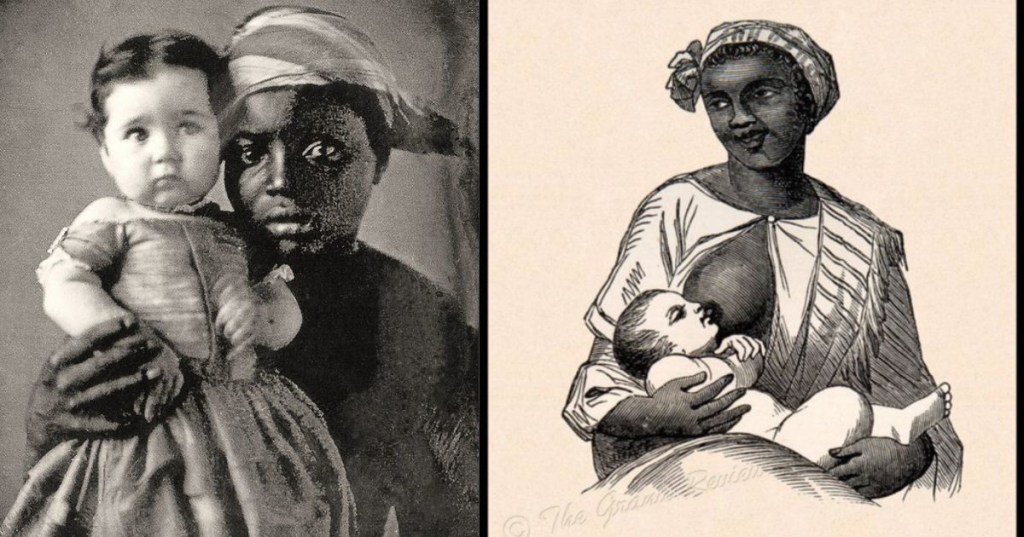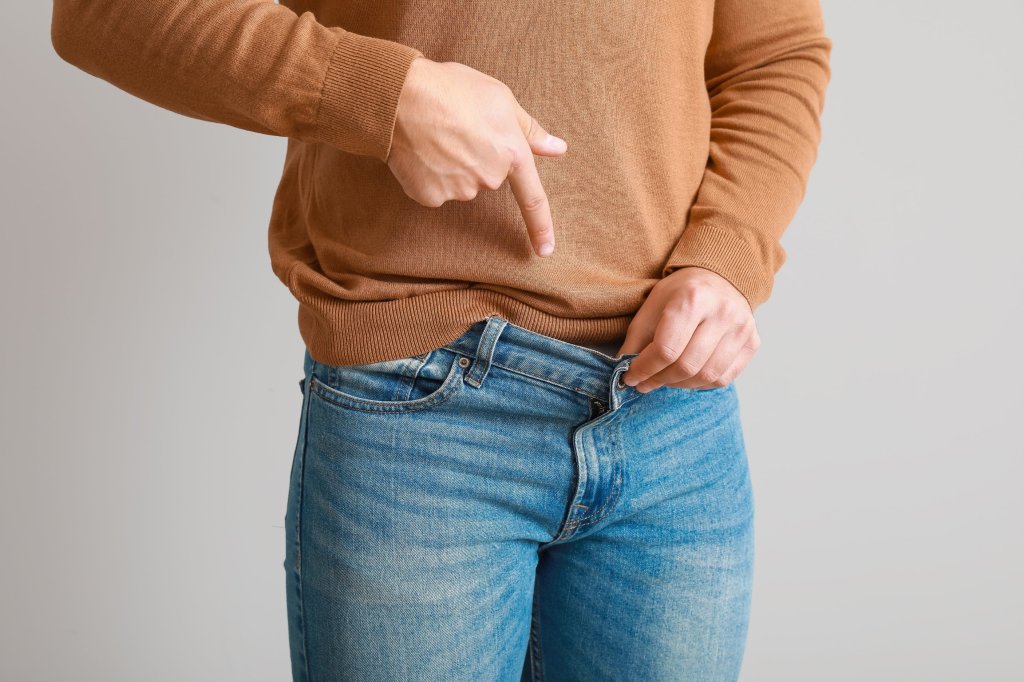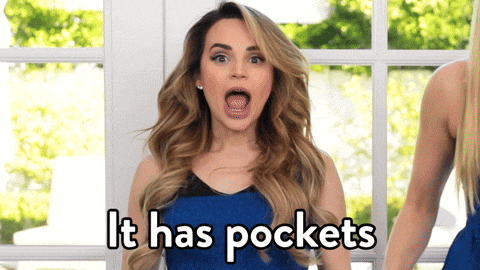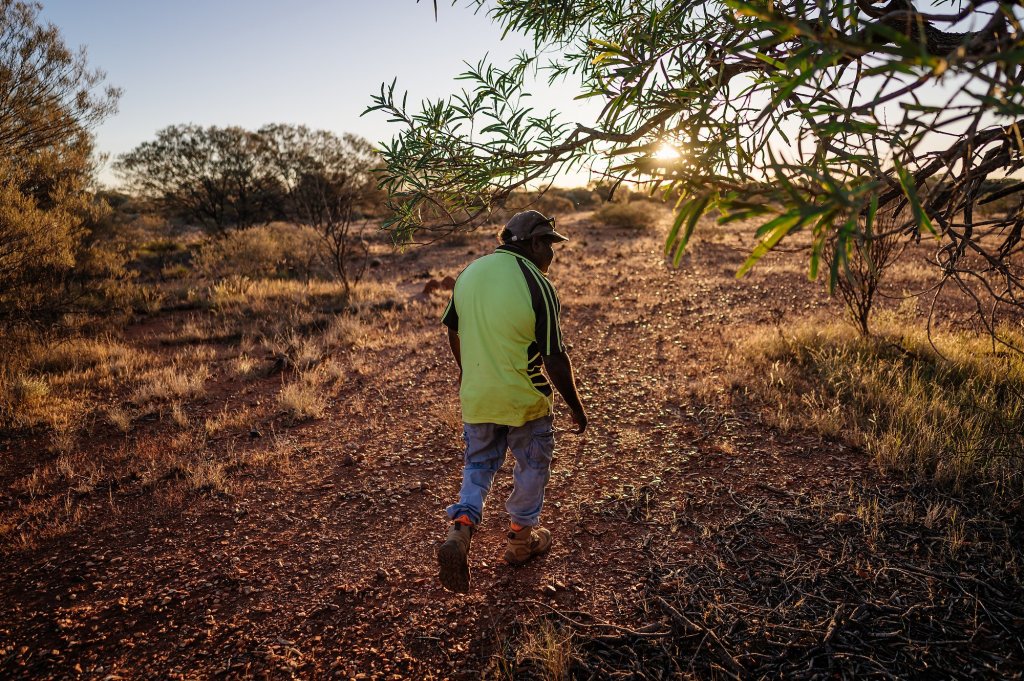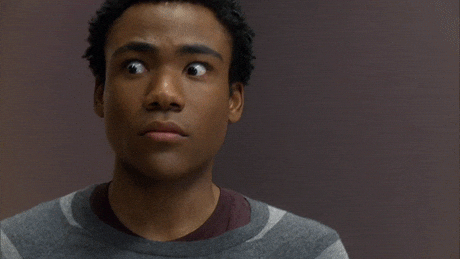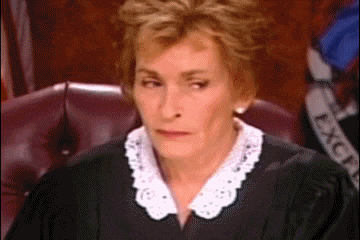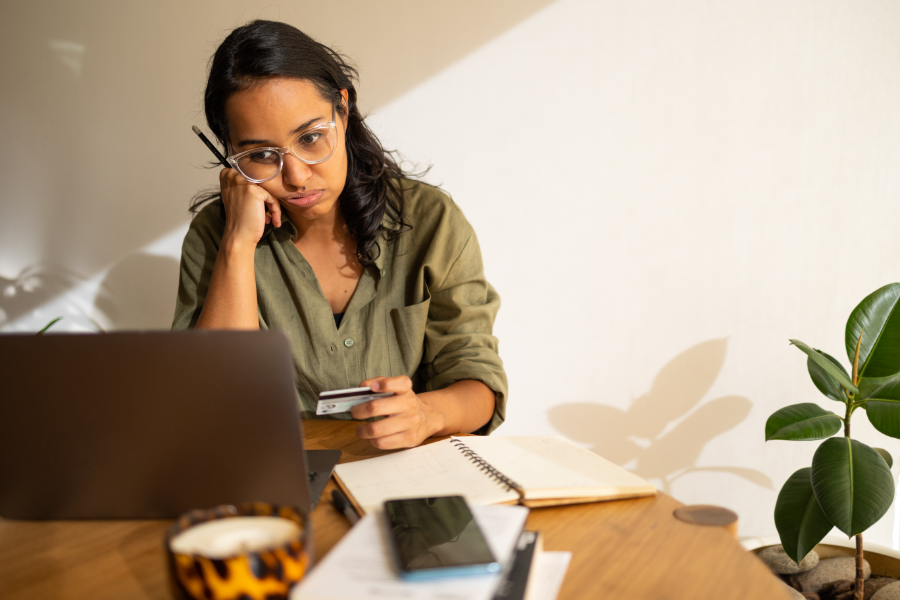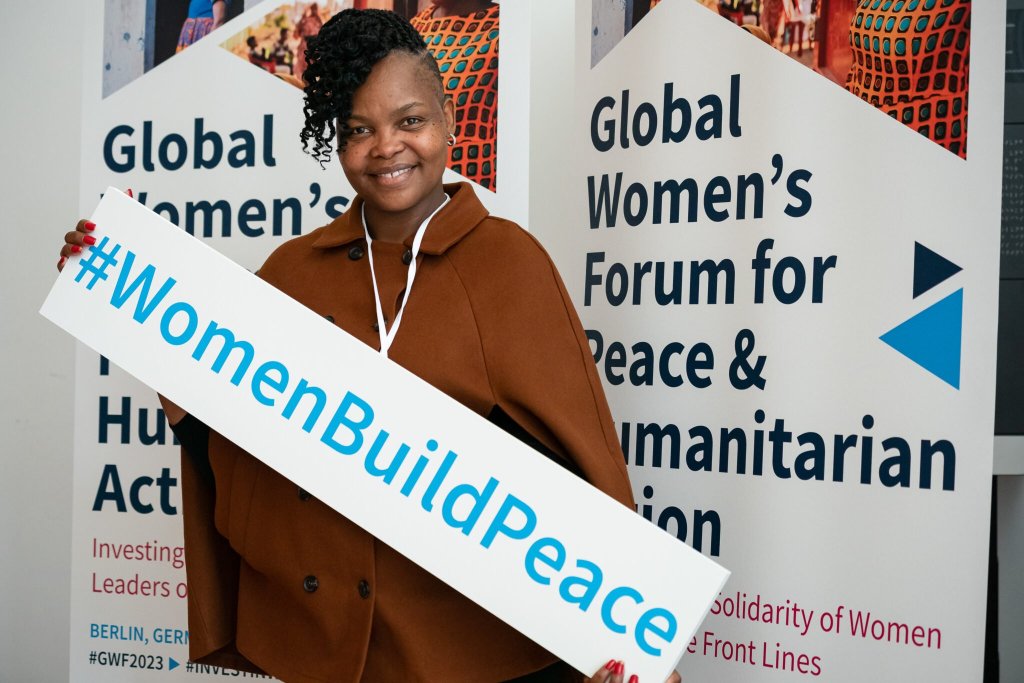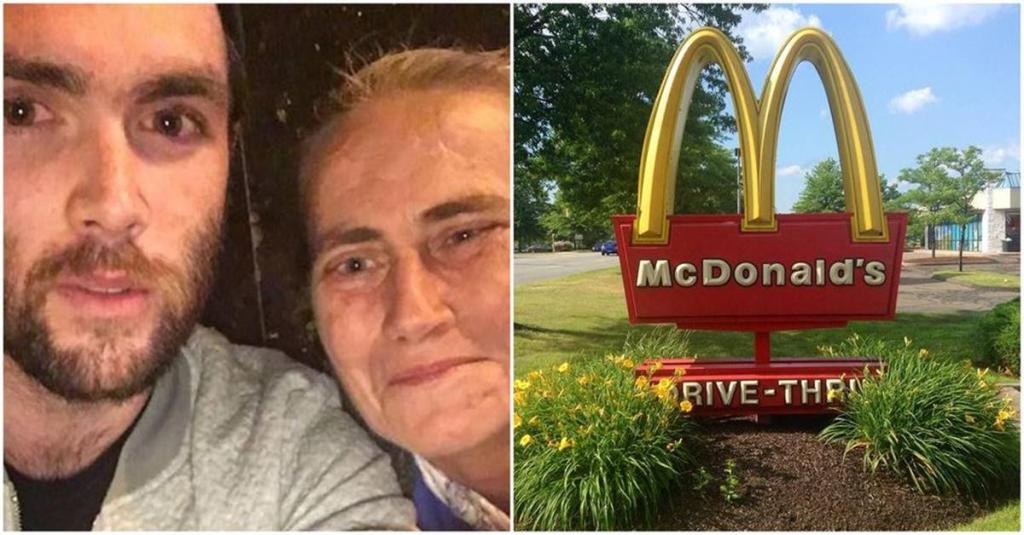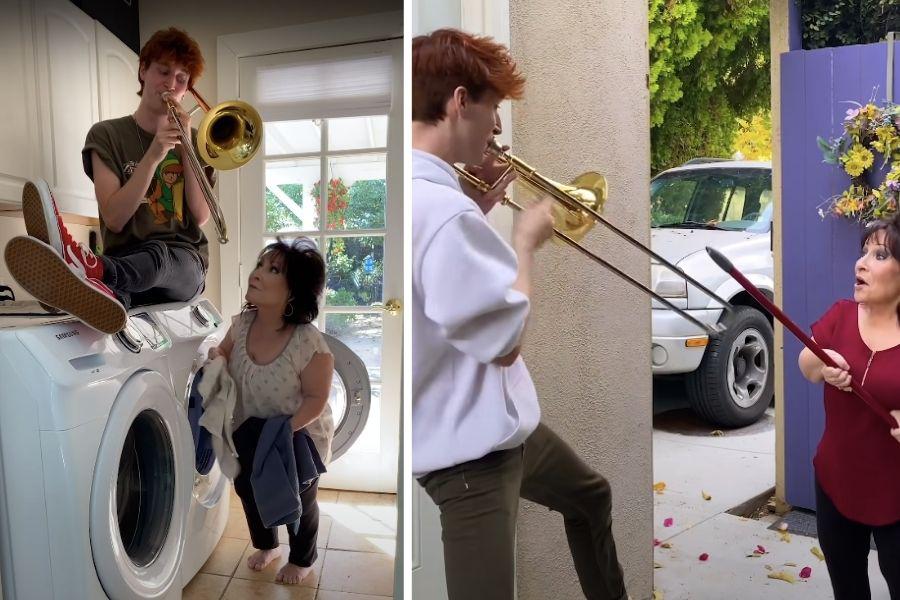This article originally appeared on 8/28/19
It’s Black Breastfeeding Week, a week set aside in the U.S. to celebrate and encourage Black breastfeeding parents.
Some may wonder why such a week is necessary. After all, that’s a pretty narrow niche, isn’t it? Aren’t Black moms included in all breastfeeding awareness and education campaigns? Is there something special about Black people breastfeeding?
The answer is yes, there is something unique about Black breastfeeding. Several somethings, actually, but one reason for Black Breastfeeding Week is summed up in a gut-wrenching poem by feminist author Hess Love.
I wish I dried up
I wish every drop of my milk slipped passed those pink lips and nourished the ground
Where the bones lay
Of my babies
Starved while I feed their murderer
I wish I dried up
So the missus babies would dry up too
And be brittle
So I could crumble them to dust
Return them to the ground
Where all children of my bosom lay equal
– Hess Love
As Parenting Decolonized points out, Black parents have only been able to raise their own children for less than 160 years in America. That’s basically two 80-year-old grandmothers living back to back. For most of U.S. history, generation upon generation upon generation of Black families were torn apart. Black mothers were often not allowed to nourish and raise their own babies, but were forced to nourish and raise the babies of their enslavers. For most of U.S. history, Black breastfeeding meant wet nursing white babies, sometimes at the expense of a Black woman’s own children.
And when I say “most of U.S. history,” I mean that literally. Slavery was the standard for close to 250 years on our soil, compared to the 154 years since slavery was legally abolished (and almost 100 of those years still allowed legal discrimination). The impact of that reality doesn’t just disappear because slavery ended and the Civil Rights Act passed.
However, the historical effects stemming from slavery are not the only reason Black Breastfeeding Week is important. Black mothers face higher maternal and infant mortality rates in the U.S., and according to the CDC, there are “substantial” differences in breastfeeding rates between Black mothers and white mothers.
Add in cultural and social issues surrounding Black women’s bodies, ongoing negative perceptions of breastfeeding, and a lack of representation in the lactation support field, and the answer to the question “Why Black Breastfeeding Week?” becomes apparent.
As Rochaun Meadows-Fernandez wrote on Scary Mommy,
“National Breastfeeding Month, which is observed the full month of August, addresses a few of the social concerns associated with breastfeeding, such as the mental exhaustion, the anatomical challenges, and the lingering stigma. But it doesn’t address the ways each of these uniquely impact Black women.
The discourse that developed from Black Breastfeeding Week met me where ‘regular’ breastfeeding concerns left me struggling. It was a resource that tackled what it meant to nurse in public when your body is already hypersexualized. Black women and girls have some of the highest reports of sexual assault, as society seems to believe our bodies are community property- a message taught during slavery.”
I know there will be people in the comments saying, “Slavery ended more than 100 years ago. Get over it.” They don’t understand the far-reaching effects of historical trauma. They don’t understand that centuries of violent oppression followed by another century of blatant, legal discrimination impacts generations, and that the racism at the heart of all of that is still present in the health statistics of Black mothers and infants in America.
This is why Black Breastfeeding Week is needed. For more information, see www.blackbreastfeedingweek.org.

